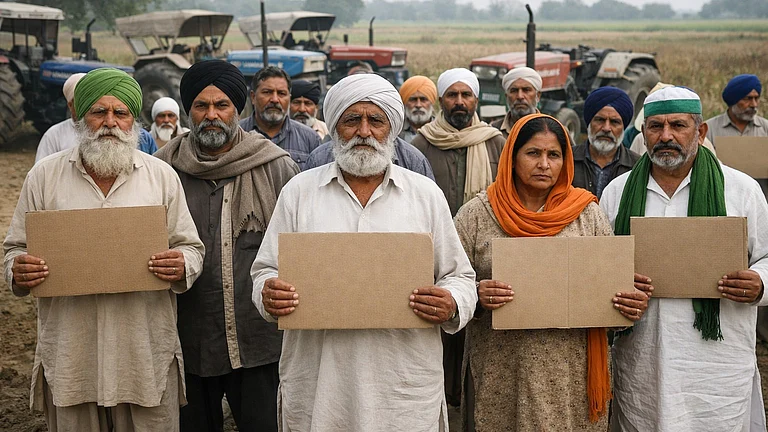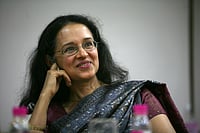I would not have written this piece if the concept of financial literacy would have sounded alien to me at one point in time. So, It did not come as a shocker to me when a global survey by Standard & Poor’s Financial Services LLC(S&P) in 2017 mentioned that in South Asian countries only 25 per cent of youth population have knowledge of money-management and knows how to invest smartly. But, roughly around 76% of adult population does not understand even the basic financial concepts. As financial literacy has been the priority area of many developing countries, in India it needs to be pushed more actively.
Shoshil Kumar Pandey, 32, a pharmacist by profession hails from Bihar. Shoshil is going to get married next year. With the average income of 30,000, Shoshil is at his wits end about where he should invest, how much he should invest so that he could get good returns in the future. But his lack of financial knowledge stands as an obstacle in doing this smartly. He said, “I belong from a rural setup; these are not the priority themes in villages. I had visited abank for the first time at the age of 19, when I came to the city for pursuing higher studies. However, the scenario in Delhi is not much different. Midhat Fatimah, who has taken up her first job this monthis quite baffled about her financial management plan. She said, “I have been brought up in an environment where we were never the part of ongoing financial management discussions at home.” Midhat went on to add that this could be the reason that I don’t understand things related to finance and its smart management.
According to literal definition, financial literacy is the ability to use skills and knowledge to take effective and informed money management decision. Financial literacy plays a vital role not only for the stability of the economy but also for the individual financial stability. As primary and secondary school curriculum in India does not offer you many avenues to learn the nuances related to financial sector, the responsibility to make one financially literate falls upon the parents. But parents in India have always kept their children outside the money-management related discussions going on in family because they think that it’s not the kind of discussion, children should be exposed to.
Eisha Hussain, 23, a going-to-be PR professional from Noida, said, “When I was a child, my parents ensured that I should not get money gratuitously. Always, we were given money for performing some chores or for getting good grades.” She also remembers frequenting the banks with her parents in order to realise the worth of saving and money management. Thus, this is the result of all aforementioned things that Eisha is quite sorted for her future money-management plan. She knows where to invest and what would be the best option for her to invest in.
But many experts’ opinion differ on that, rather they insist parents expose their children to these kinds of discussions. And even they advise parents to take kids to banks, since it is the ideal location to introduce them to the elementary concepts of saving and checking account. Shweta Jain, financial planner and founder of Investography says that due to lack of financial literacy the saving rate of the country is lower today than it was 15 years ago. It used to be and now it is at 26 per cent. Shweta also added that we are also seeing young people who earn well, but are in debt. It might be good for consumption but we have no savings. The movement from a people that loves to own assets to buy experiences- from buying Marutis to taking Olas instead- the way we live has changed, so industries benefitting from them will change too.
What Financial Illiteracy leads to
The most frightening part of having less knowledge of finance and money management is that once you start earning due to lack of knowledge about what are the good portfolio’s to invest in, the person keeps his earned salary in saving account and ends up getting very less return. And even if they invest, they are greeted with losses because they weren’t smart enough with the portfolio selections due to their lack of financial knowledge.
Shweta throwing light on lack of financial literacy and its impact says: “We are not ready for emergencies or job losses or basically don’t have anything to count on in case things go wrong. We are then going to be unable to manage the same and not ready for some unknown future; we might not be able to handle the circumstances the way we are managing our economical resources. So it’s necessary for everyone to have financial roadmap for their life from marriage to retirement.
So, India, which homes the world maximum number of youth is being seen as a huge scope from an economic perspective. It becomes highly imperative for the youngsters to familiarise themselves with financial and money management skills because without it they will not be able to ensure individual economic stability. Thus, for your own good it is better to stay updated of financial knowledge.































